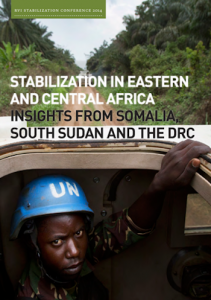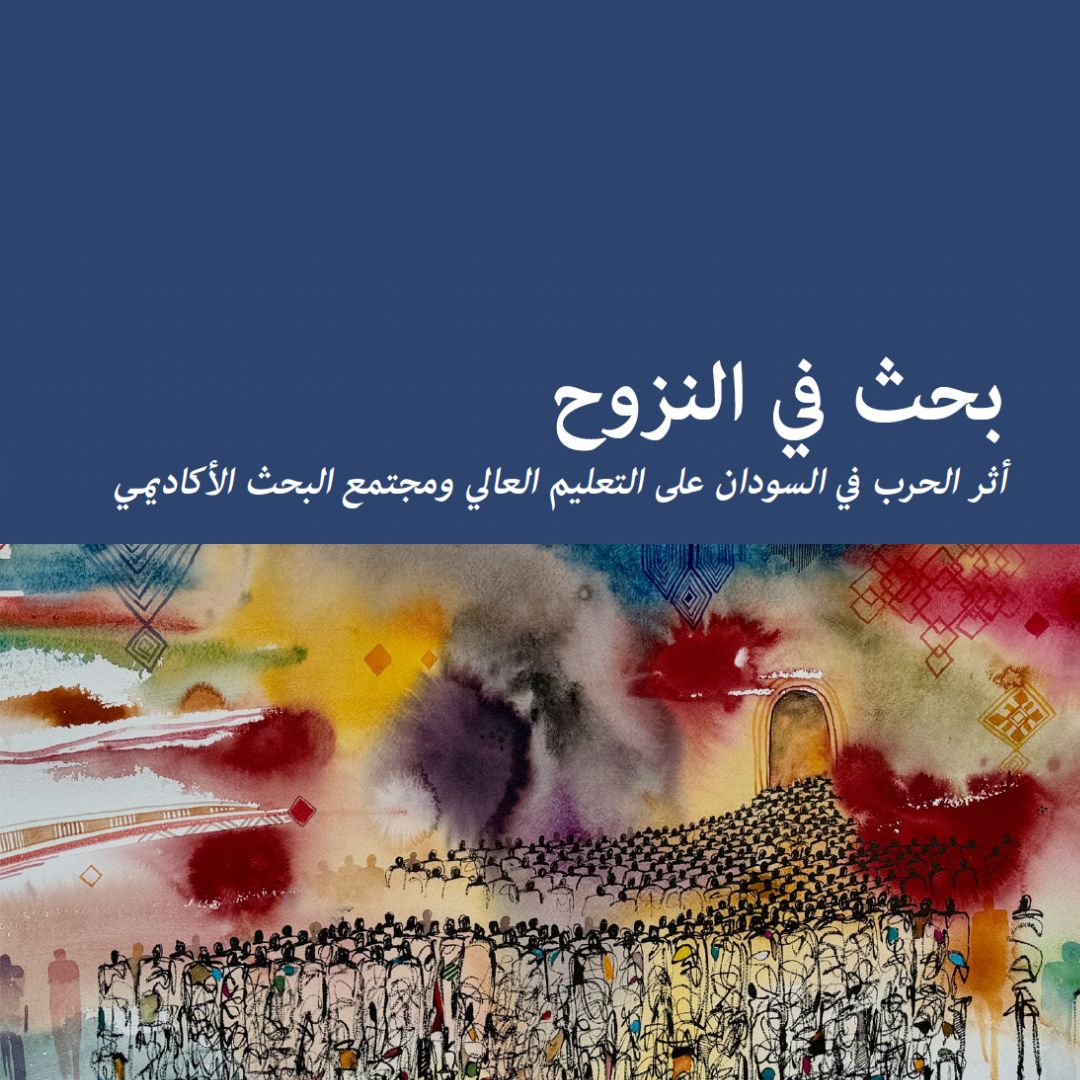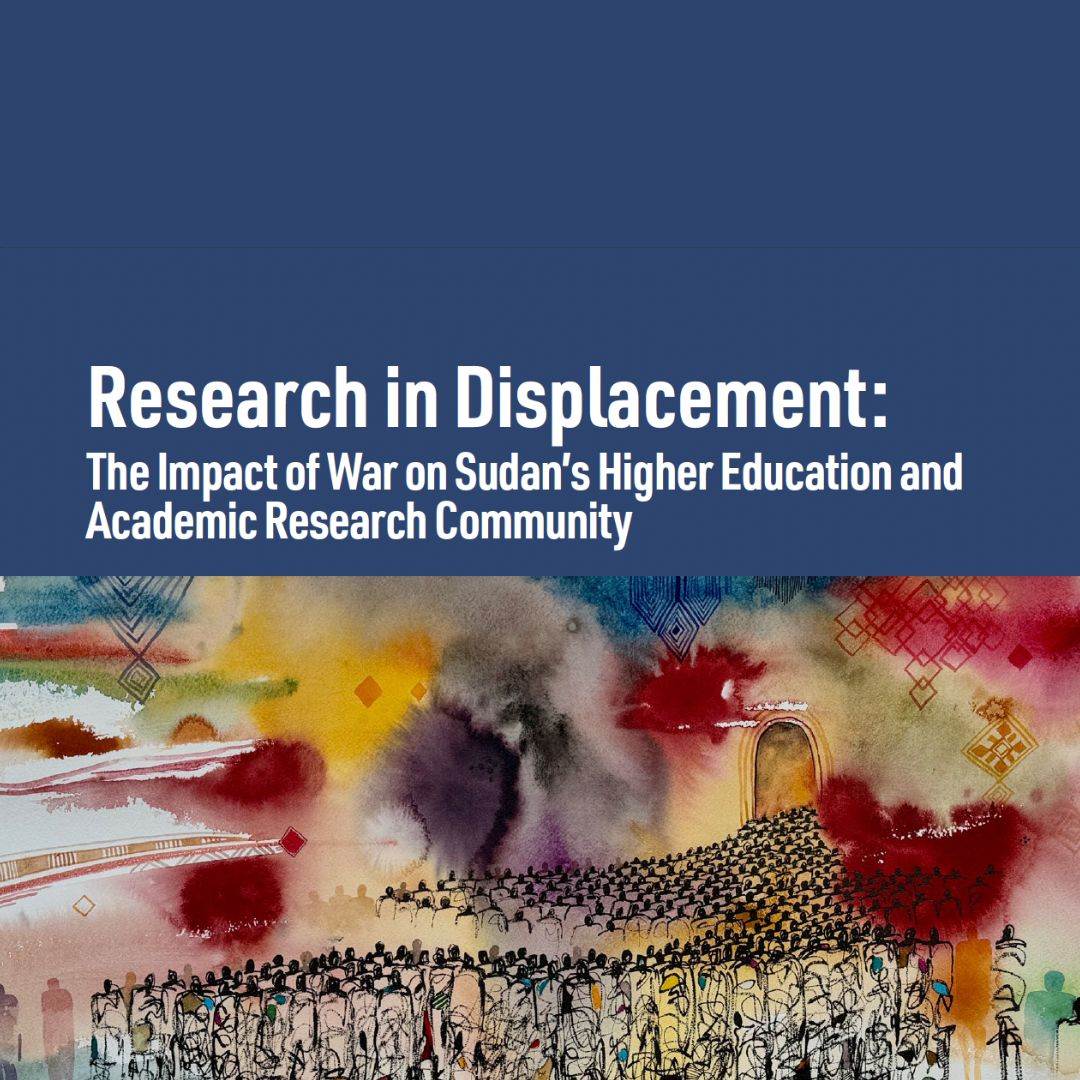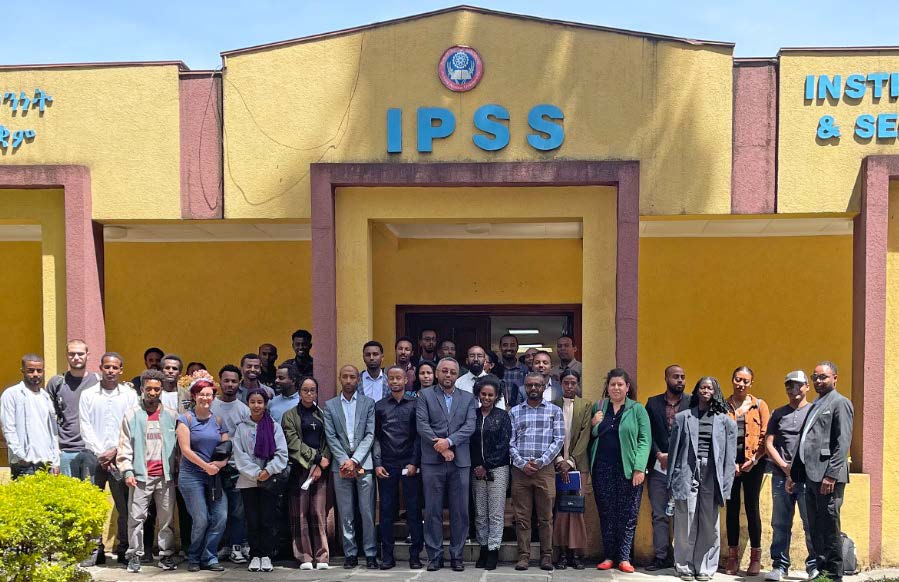‘The conference has put into perspective what stabilization means in South Sudan as opposed to what it means in Somalia and in the DRC. And putting my own insights on stabilization alongside those of the speakers here has given me a different lens through which to understand and evaluate events in Somalia.’
SAGAL SHEIKH ALI, SOMALI WOMEN DEVELOPMENT CENTER
‘We need to understand stabilization as a process that is grounded in local contexts and achieved over time.’
ZACHARIA DIING AKOL, SUDD INSTITUTE
‘What people are calling for is their own solution to their crisis, because they understand their crisis better. People across these regions are ready to assert their own right to self-determination, and this is really key.’
MVEMBA DIZOLELE, JOHNS HOPKINS SAIS
In March 2014, the Rift Valley Institute (RVI), through the Rift Valley Forum, together with the University of Gothenburg convened a regional conference on stabilization at the Kenya School of Government in Nairobi. The conference attracted some ninety participants from the Democratic Republic of the Congo (DRC), Somalia and South Sudan—people involved in civil society, government, the UN and the donor and diplomatic communities. Academics and specialists from Europe and North America also participated. The objective of the two-day conference was to question, review, evaluate and exchange lessons on stabilization programmes in the DRC, Somalia and South Sudan with the aim of informing policies that enhance peace and security in eastern and central Africa. This report presents highlights from this gathering and in no way aims to reproduce the debates and their conclusions in full. Giving space to voices from countries that are subject to stabilization programmes is central to this report. Their statements, explanations and clarifications are complemented here by those of regional and international specialists and experienced practitioners in international aid, development and stabilization.




